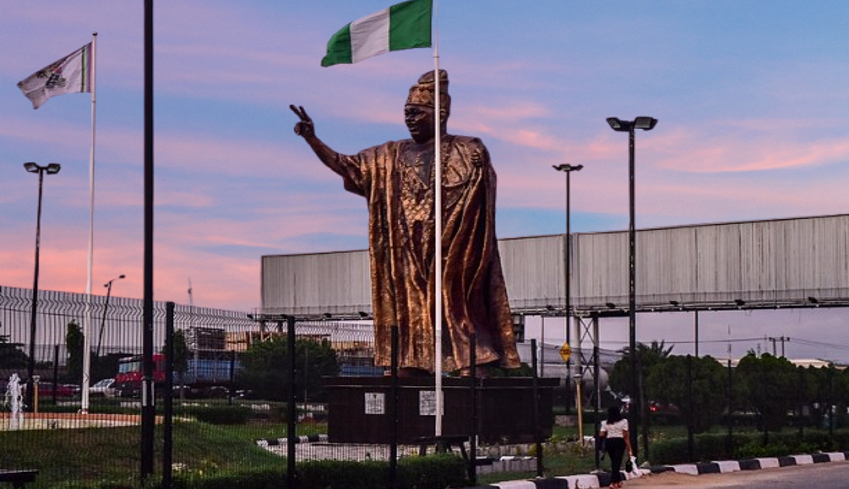June 12, 2025 – Nigeria observes Democracy Day today, commemorating a pivotal moment in its political history—the 1993 presidential election, widely regarded as the most transparent and credible in the nation’s history. The federal government has declared Thursday, June 12, a public holiday in recognition of this significant date.
The Significance of June 12
Democracy Day is more than just a public holiday; it is a day of national reflection and reaffirmation of Nigeria’s democratic values. The date was officially adopted to replace May 29, previously recognized as Democracy Day, to honor the historic June 12, 1993, election and the ideals it represents—free choice, transparency, and national unity.
On that day in 1993, Moshood Kashimawo Olawale (MKO) Abiola emerged as the presumed winner of the presidential election. Though the results were never officially released, the election was considered by both domestic and international observers to be the freest and fairest in Nigeria’s history. The military government of General Ibrahim Babangida, however, annulled the election, sparking widespread protests and political turmoil.
A Tribute to Democratic Resilience
The annulment of the June 12 election marked a turning point in Nigeria’s struggle for democratic governance. It ignited a sustained pro-democracy movement that eventually led to the end of military rule and the restoration of civilian government in 1999. Celebrating June 12 is therefore a tribute to the resilience, sacrifices, and collective will of the Nigerian people in pursuit of democratic rule.
For the past 26 years, Nigeria has maintained civilian leadership, marking its longest stretch of uninterrupted democratic governance. The observance of Democracy Day provides an opportunity to reflect on these achievements, assess ongoing challenges, and renew national commitment to democratic principles.
Government’s Renewed Commitment
President Bola Ahmed Tinubu’s administration has reiterated its dedication to upholding the rule of law, protecting civil liberties, and ensuring that governance is shaped by the will of the people. In a statement ahead of the celebrations, the presidency emphasized that Democracy Day is both a celebration and a solemn reminder of the responsibilities that come with democratic freedom.
“Democracy is not a destination, but a journey that requires constant nurturing,” the statement read. “The ideals of truth, justice, and peace remain central to our governance agenda.”
Looking Forward
As Nigeria commemorates Democracy Day, it also confronts the realities of democratic evolution. Issues such as electoral integrity, political inclusiveness, institutional accountability, and the rule of law remain central to the national discourse. The day calls on citizens, institutions, and leaders to reaffirm their commitment to building a more inclusive, transparent, and just society.
In Summary:
June 12 stands as a symbol of Nigeria’s democratic aspirations—past, present, and future. It commemorates a landmark moment in the country’s history, honors the sacrifices made for freedom, and serves as a call to action to strengthen democratic governance for generations to come.



